FROM THE PASTOR’S DESK
Dear St. Mary’s Parishioners:
When someone finally realizes the truth of how much they are loved by God, joy explodes. If God is willing to endure such lengths to bring us back into loving communion with him, it begs the question of our dignity. The Father sends his son Jesus into the world to take on our frail human nature, be born into swaddling clothes, grow up in a little mountain, nothing town on the fringes of Palestine, ridiculed, spat upon, insulted, and finally tortured by being nailed to a barren tree as crowds mock and laugh at his unimaginable pain, then we can gain some truth into God’s immense love for us: “His death”, says St. Catherine of Siena, the famous medieval saint, “on the Cross is the culmination of that turning of God against himself in which he gives himself in order to raise man up and save him. This is love in its most radical form.”
The outward movement of God toward us by the Incarnation requires a reaction from us. Just as Michelangelo’s infamous fresco in the Vatican of God reaching out to Adam with the breath of life on the brilliant ceiling of the Sistine Chapel, “This kind of love demands a genuine return of love from us such that all selfish self-love and pride are removed. […] If our response to the truth of God the Father is indeed that of love, then we will gradually be united with him in love.” (The Dialogue, by Catherine of Siena). Such a loving “response” on a part can only be authentically worthy through humility, by which we come to know ourselves as we truly are, in the light of God’s love. As we spend time in prayer, we peer through the façade of our self-deceptions and experience the supreme goodness of God. We soon realize the infinite chasm between my own state and the divine. The brilliant floodlight of God's majesty grows more intensely and the diagnosis of my soul becomes all too apparent—I am an unworthy wretch. Even my apparent good deeds are tainted with a degree of self-interest.
When we cultivate a clearer understanding of ourselves as contingent beings created in the awesome goodness of God, something else changes in our hearts — we grow in gratitude. St. Catherine discovered this internal shift in prayer. She writes, “A soul rises up, restless with tremendous desire for God’s honor and the salvation of souls…. to know better God’s goodness toward her, since upon knowledge follows love. And loving, she seeks to pursue truth.” In a moment of profound prayer, Catherine heard God’s voice, revealing the original destiny of humanity:
Since [my children] had no share in the good for which I had created them, they did not give me return of glory they owed me, and so my truth was not fulfilled. What is this truth? That I had created them in my image and likeness so that they might have eternal life, sharing in my being and enjoying my supreme eternal tenderness and goodness. But because of their sin they never reached this goal and never fulfilled my truth, for sin closed heaven and the door of my mercy.
The blood Jesus of Jesus kicked open these doors. The Christian life is a response to this love, which is why our Lord says today in the Gospel, "Whoever loves father or mother more than me is not worthy of me, and whoever loves son or daughter more than me is not worthy of me; and whoever does not take up his cross and follow after me is not worthy of me. Whoever finds his life will lose it, and whoever loses his life for my sake will find it.” (Cf. Matthew 10:37-39)
A Servant of Jesus Christ,
Fr. Brian J. Soliven
